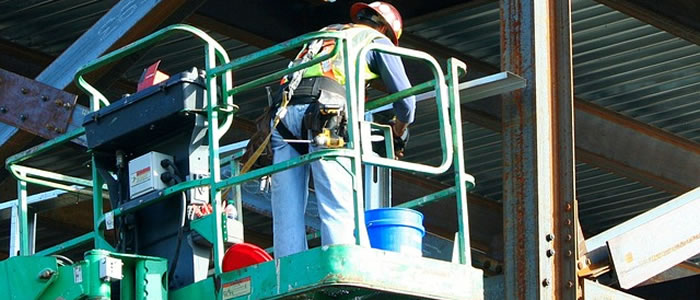
Cuts in health and safety services will cost lives
The TUC have alerted people through a recent publication – Toxic, Corrosive and Hazardous: the government’s record on health and safety – to the shocking reduction in Health and Safety Executive’s (HSE) inspections. Legislation changes have allowed for fewer inspection visits to take place and have also changed the list of incidents in the workplace that will require reporting by streamlining the RIDDOR (Reporting of Injuries, Diseases and Dangerous Occurrences Regulations). The cut in funding to the HSE (around 40% in total) has led to other cutbacks as staff have not been replaced. Further regulations which may plug loopholes are not likely to happen now, as all the research and administration required to bring in new legislation is too expensive.
Health and Safety is too important to ignore
The TUC has asked the government to reconsider certain changes that have been made or that are in the pipeline. Even before changes in reporting legislation, it was always difficult to estimate the number of people who die many years after an event at work and it is even more difficult to estimate when the death is caused not by a single event but by consistent flouting of H&S regulations relating to hazardous substances over a prolonged period. There are many environmental factors which need careful monitoring – for example, those working with carcinogens and in very hot or dusty conditions – which may slip through the net with fewer inspections taking place. Where monitoring records must be kept, fewer visits from the HSE may mean that damage has been going on for years before it is discovered, if it ever is. Records can be lost or degraded and anything kept on a computer is easy to ‘lose’ over time and so the loss of ad hoc inspections is particularly serious.
Staff must be vigilant
Although not every safety violation can be laid at the employers’ door, most are caused by lack of money or an unwillingness to put cash into the sometimes expensive changes needed to keep everyone safe. Safety training for all staff at a relevant level can do a lot to prevent any breaches in health and safety because this is a large part of most courses. Record keeping and creating and administering a risk assessment log is something that most people need help with in the beginning, but the mere fact of writing everything down is often all that is needed to ensure that simple measures to make everyone safer are not missed.
What can be done?
The TUC has urged the government to rethink future cuts and changes and to rescind ones already in place, to keep the workforce as healthy as possible. Some employers will always try to slip through the net and as long as there are too few inspectors, the net will always have big holes in it. Health and safety training is the first line of defence, but on its own it cannot keep everyone safe and well – for that there needs to be realistic legislation and deterrents and they cost money which should not be skimped upon.
